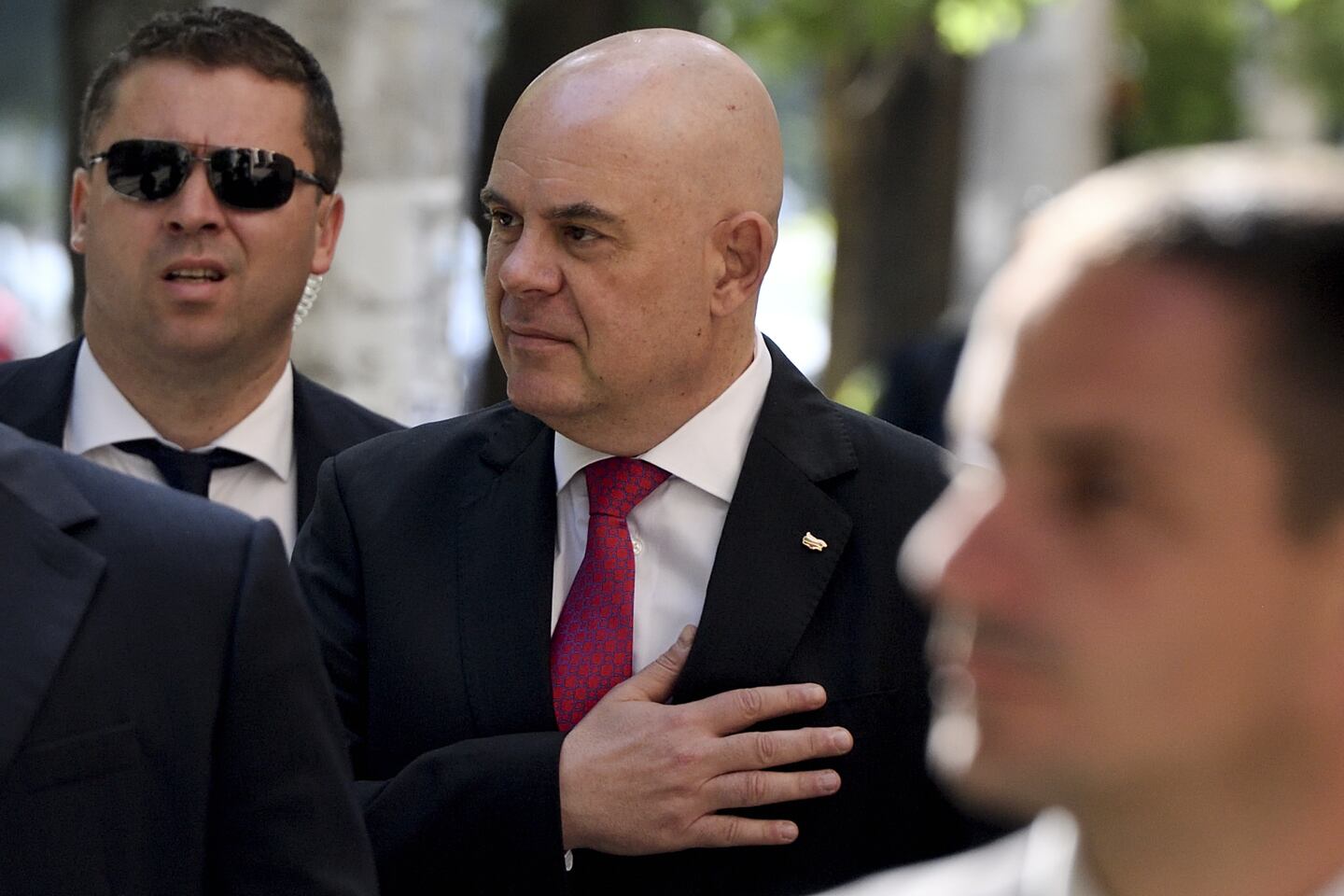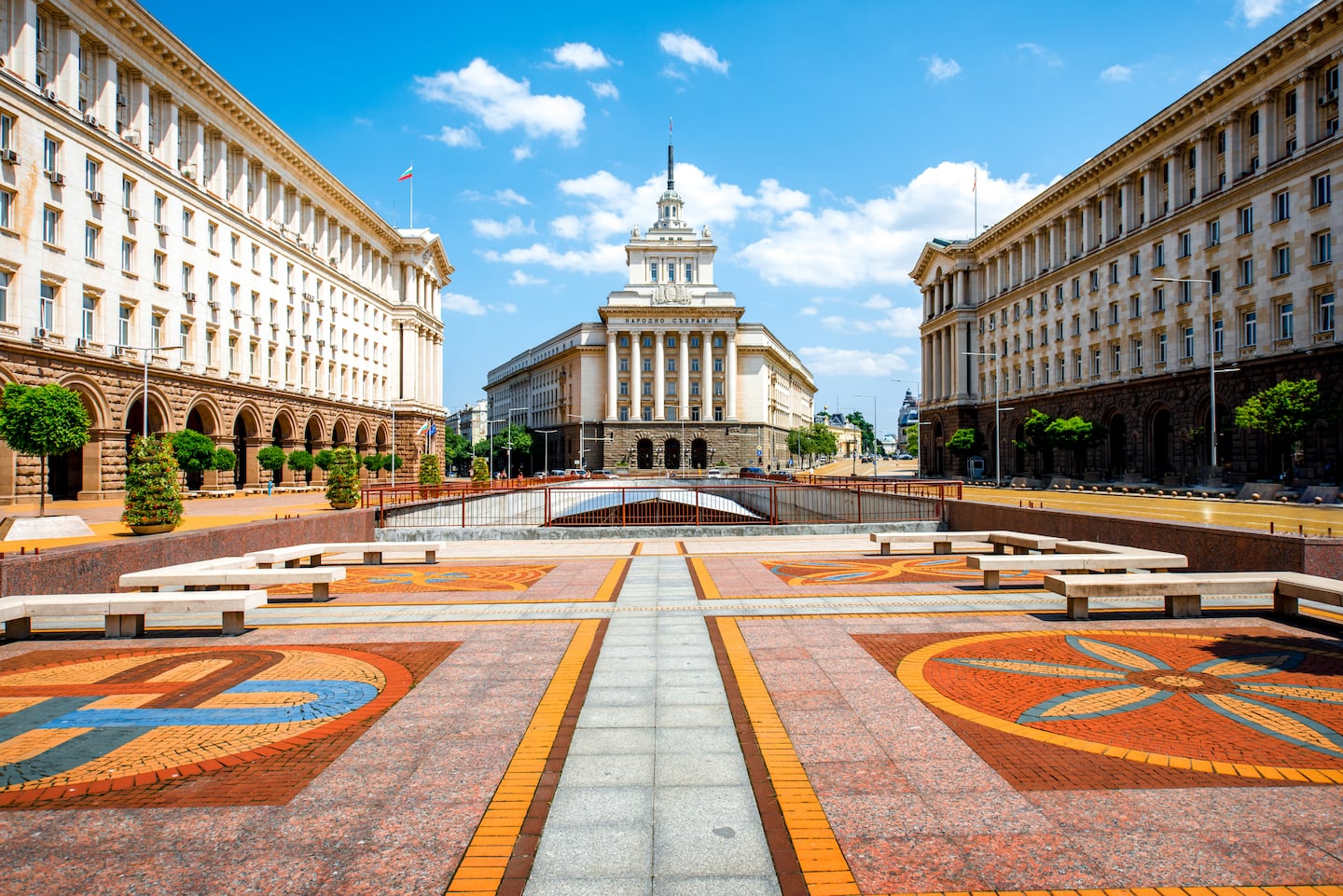- OneCoin victims’ lawyer Jonathan Levy urges newly appointed Bulgarian prosecutor to revive investigation into legendary scam.
- Many unconvinced Bulgarian mob killed alleged perpetrator Ruja Ignatova. FBI still name her on 10 Most Wanted list.
- CryptoQueen may have disappeared with 230,000 Bitcoins.
The June appointment of a new acting chief prosecutor in Bulgaria could spark a breakthrough in one of the most legendary crypto fraud cases in history: the $4 billion OneCoin scam allegedly executed by “CryptoQueen” Ruja Ignatova.
Jonathan Levy, a lawyer based in the United States and London, is urging Bulgaria’s new chief prosecutor, Borislav Sarafov, to open a fresh case against OneCoin, the fraudulent cryptocurrency scheme allegedly founded by Ignatova and members of Bulgarian organised crime groups in 2014.
Real assets
According to Levy, a successful prosecution by Bulgarian authorities could produce a significant windfall for victims of the alleged crime.
“I’ve talked to at least one major OneCoin figure and they confirm there’s about $2 billion out there,” Levy told DL News in an interview. “What we need of course, are wallet addresses, bank account numbers and things like that. That would lead us to some actual real assets.”
NOW READ: Malicious actors drained $313m from DeFi in the second quarter
The development comes almost seven years after Ignatova disappeared, leaving billions of dollars in stolen funds scattered across the globe in banks, shell companies, and even luxurious London properties.
Around 2014, OneCoin defrauded investors of an estimated $4 billion by marketing and peddling its own fraudulent cryptocurrency, authorities say.
OneCoin resembled a pyramid scheme by selling educational courses on crypto trading and investing and offering buyers rewards for bringing in more participants, according to US prosecutors.
‘I’ve talked to at least one major OneCoin figure and they confirm there’s about $2 billion out there.’
— Jonathan Levy
In February this year, a report from BIRD, the Bureau for Investigative Reporting and Data, uncovered testimony claiming that Ignatova was killed in November 2018 on the orders of Bulgarian mafia member Christophoros Amanatidis. The report reignited interest in the case.
However, many, including Levy, remain unconvinced Ignatova is dead.
“I don’t believe that — it’s hard to say because no one’s confirmed anything,” Levy said. “Why would they kill her? Her brother is grassing on everybody and is a cooperating witness. Why wouldn’t they have killed him?”

In November 2021, Levy filed a petition with the Bulgarian Constitutional Ombudsman accusing the former Chief Prosecutor, Ivan Geshev, of overlooking OneCoin’s activities and allowing it to continue operating in the country.
Prosecutor ousted
By June 2022, correspondence from the office of the Chief Prosecutor sent to Levy indicated there was a pending investigation of OneCoin, but the case went nowhere.
“There was supposedly a case open… but in reality, nothing was going on,” said Levy. “The idea here is maybe the [new] acting Chief Prosecutor will actually open up a case.”
NOW READ: Belgium’s digital tsar on ‘Europeum,’ an Ethereum-like blockchain for Europe
Geshev was ousted from his position by Bulgaria’s Supreme Judicial Council on June 12 after it concluded he “brought the judiciary into disrepute.” Bulgarian pro-democracy advocates and the press have long said Geshev colluded with members of OneCoin and Bulgarian organised crime groups to help them evade prosecution.
The hope is that since Geshev has been replaced, a proper investigation into OneCoin can now take place.
“There’s obviously assets in Bulgaria which we’re trying to go after via the EU directives on violent organised crime,” Levy said.
‘There’s obviously assets in Bulgaria which we’re trying to go after via the EU directives on violent organised crime.’
— Jonathan Levy
“It’s very hard to nail down without the active cooperation of people who were involved at one point at the highest levels,” he continued. ”If some of them would come forward and cooperate with victims, then maybe we might make more progress.”
NOW READ: Investors pull $4bn from Binance as regulators and rivals close in
Establishing whether Ignatova is dead or alive would also clarify matters. Since Ignatova’s disappearance, her brother, Konstantin Ignatov, has cooperated with authorities in the US after his arrest at Los Angeles International Airport in 2019.
The FBI names Ignatova as one of its 10 most wanted suspects, and says she is known by the sobriquet CryptoQueen. She travels with armed guards and may have had plastic surgery to alter her appearance, the notice says. And the bureau is offering a $250,000 reward for information leading to her arrest.
“The FBI believes Ruja is alive,” Levy said. “They don’t put dead people on there. And presumably they have a good source of information.”

Because the testimony alleging Ignatova had been killed emerged under Geshev’s tenure as Chief Prosecutor, many doubt its legitimacy. Levy said he believes the testimony was “likely confabulated.”
If Ignatova is still out there, her arrest may also lead to a significant recovery of assets.
A 2021 lawsuit filed against OneCoin by victims of the scam alleges Ignatova made off with over 230,000 Bitcoins when she disappeared. At current prices the stash is worth over $7.1 billion.
Asset recovery challenges
But even when assets are recovered, distributing them back to victims is difficult. In 2019, American lawyer Mark Scott was found guilty of helping Ignatova and other OneCoin associates launder approximately $400 million worth of assets. The US Department of Justice applied to seize portions of these assets, but hasn’t disclosed the total amount.
Levy explained that because the US government views the seized assets as the proceeds of money laundering, victims will have to file lengthy petitions to attempt to recover them.
“It’s a complex procedure, and not so easy,” Levy said.
NOW READ: BlackRock’s aim to make crypto cheaper should scare Coinbase
And despite a new chief prosecutor, mounting a case in Bulgaria may also prove elusive for Levy and his clients. The nation of 7 million is the most corrupt state in the European Union after Hungary, with a “strong oligarchic influence,” according to Transparency International, an anti-corruption group.
“Since there really is no effective government in Bulgaria at the moment, I’m not sure what will happen,” Levy said. “It is really just the Bulgarian mafia state.”
Have a tip about crypto crime? Contact the author at tim@dlnews.com.



